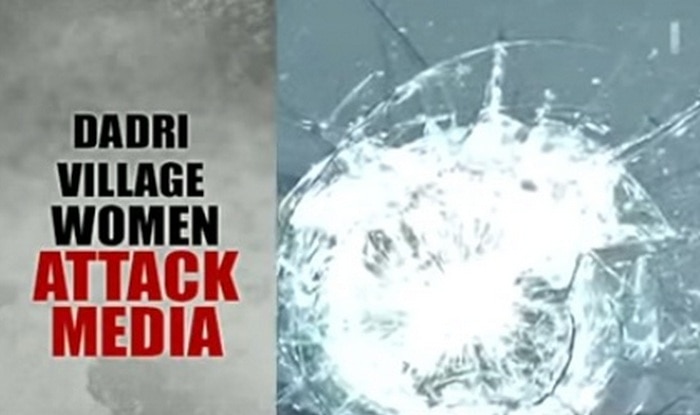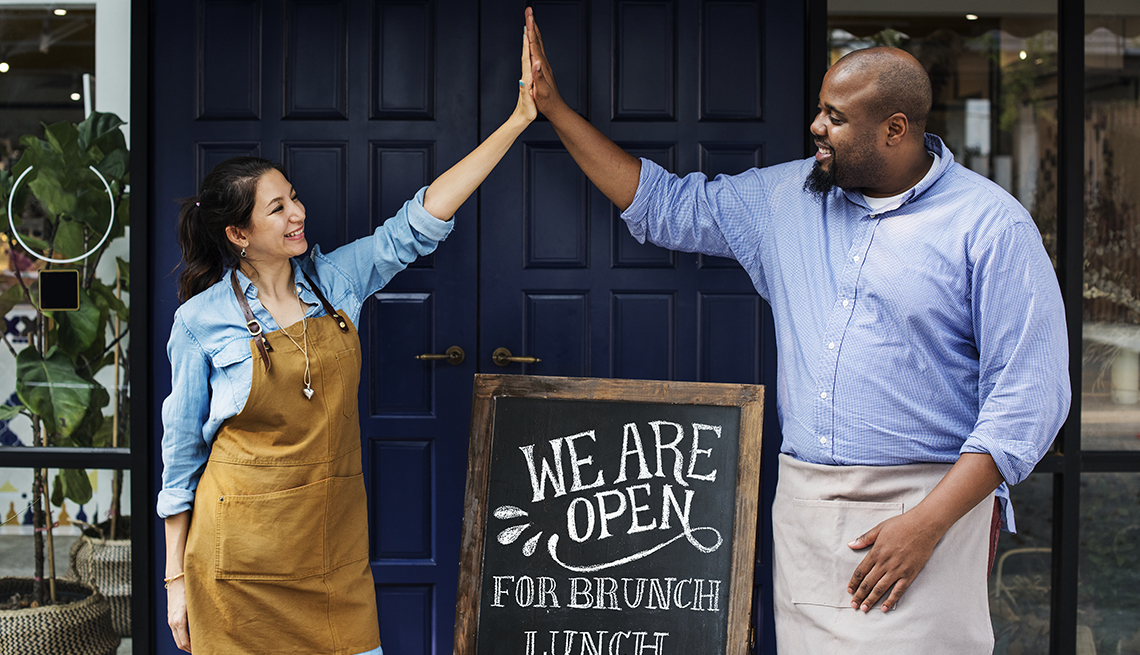
- Select a language for the TTS:
- UK English Female
- UK English Male
- US English Female
- US English Male
- Australian Female
- Australian Male
- Language selected: (auto detect) - EN
Play all audios:
One of the biggest casualties of the Covid-19 pandemic has been children’s education. Even those students fortunate enough to be offered live classes daily by their teachers are thought to
be at some risk from the psychological effects of too much screen time and turning into so-called “Zoom zombies”. But their problems pale into insignificance compared to those of pupils who
have been offered only recorded online lessons — or none at all. Unfortunately the pupils whose schools have failed to teach them online tend to be those who need it most, at the lower end
of the social and educational scale. These children overwhelmingly attend state schools, where the influence of the unions has ensured that the views and interests of teachers have tended to
come before those of parents. In April, at the height of the pandemic, only 3 per cent of state primary schools and 6 per cent of state secondary schools were providing live online classes.
Many schools resisted the recommendation to offer the chance to as many pupils as possible to return during June and July. Mixed messages from teachers and the authorities have failed to
reassure anxious parents. While the Education Department insists that all pupils must be back for the new school year in September, parents’ confidence in the state system has plummeted. New
outbreaks of coronavirus could lead to many schools remaining closed and there is no certainty that online services will improve. Official guidance states that in that event “schools will
be expected to have plans in place to offer remote learning to pupils who are self-isolating”. After the experience of the past five months, who will believe this? Meanwhile, private schools
are seen to have risen to the challenge of remote learning. As a result, the_ Times_ reports that demand for places in private education has risen by 30 per cent. According to the
Independent Schools Association, their members have been inundated with inquiries from “high-aspirational, worried” parents with children in the state system. This is bad news for all those
who are trying to narrow the gap between private and public provision in education. It means that another generation of middle-class parents who put their faith in state schools is now
disillusioned. If a significant proportion of them decides to educate their children privately, the maintained sector will fall further behind the independent one. According to Diane Reay, a
Cambridge educationist, some 25 per cent of the money spent on education goes on the 7 per cent who are privately educated. That disparity seems likely to increase as a result of the
pandemic. It is natural for parents to want to give their children advantages in life, but the cost of private education is crippling. Average fees for day schools are now more than £17,000
and for boarding schools over £30,000. In 2018, the average cost of putting a child through private education to the age of 18 was £275,000. The most famous “public” schools cost much more.
It cannot be in the national interest for millions more ordinary families to beggar themselves in order to guarantee that their children will receive a good education. On the other hand, the
private schools have provided a reality check for their state rivals by demonstrating what can be achieved during lockdown. Competition is healthy and the case for hobbling the independent
sector by removing charitable status — as Labour advocated at the last election — is even weaker now. What should emerge from the Covid-19 crisis instead is a new spirit of cooperation
between state and private schools. Eton set a good example by offering to teach the children of key workers and the vulnerable. Many other private schools have done the same. We must hope
that those students, at least, will continue their connection with these schools, but all their peers should be likewise encouraged to achieve their full potential. Oxford University is
making a new effort to make its admissions policy more inclusive without sacrificing excellence. That ought to prompt more state-educated students to apply. Some private schools already do a
good deal to give neighbouring state schools a helping hand when their brightest pupils apply to top universities. They could do even more — and those that do little should be nudged to
follow their example. Boris Johnson ought to be making education a prime candidate for his principle of “levelling up”. Not everyone can be an Eton scholar like him, but an education good
enough to give Etonians a run for their money is surely not an unattainable goal for everyone.
![[withdrawn] near miss with a track worker at llandegai tunnel](https://assets.publishing.service.gov.uk/media/6051d710d3bf7f0455a6e604/s960_Llandegai_tunnel.jpg)







